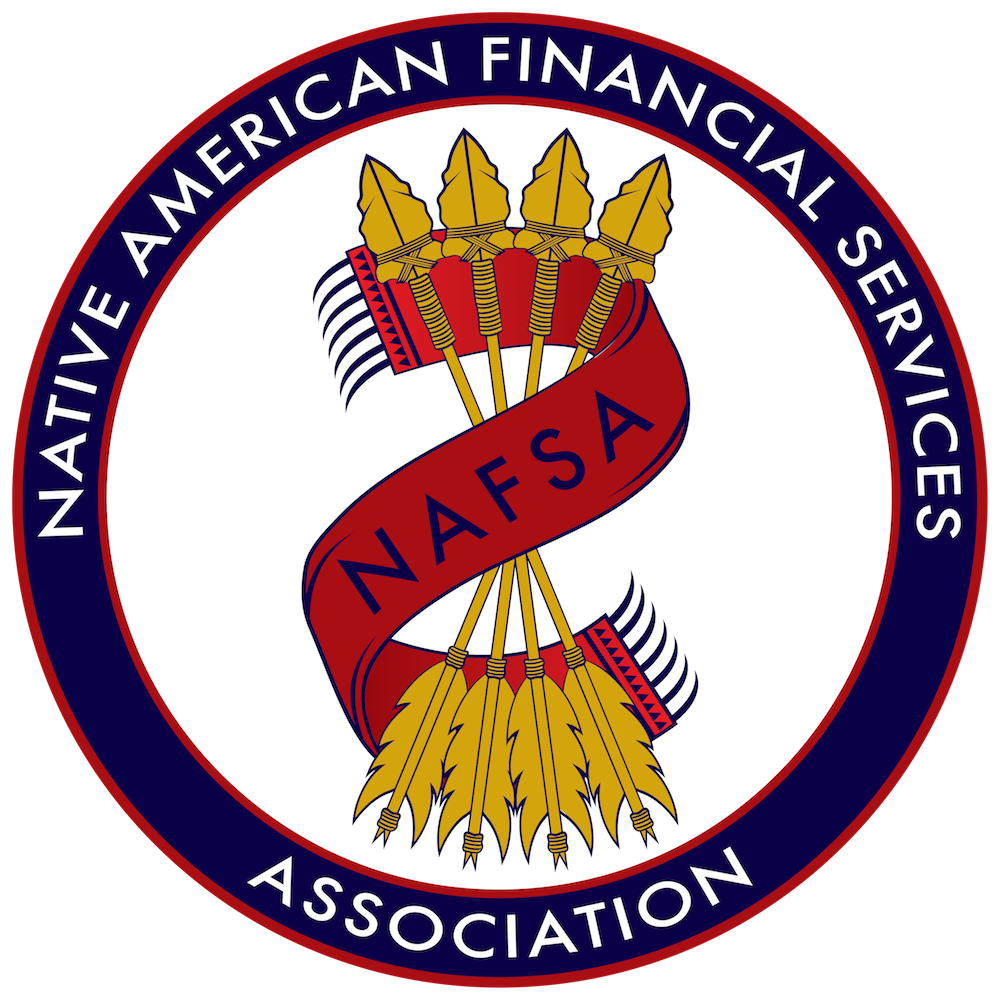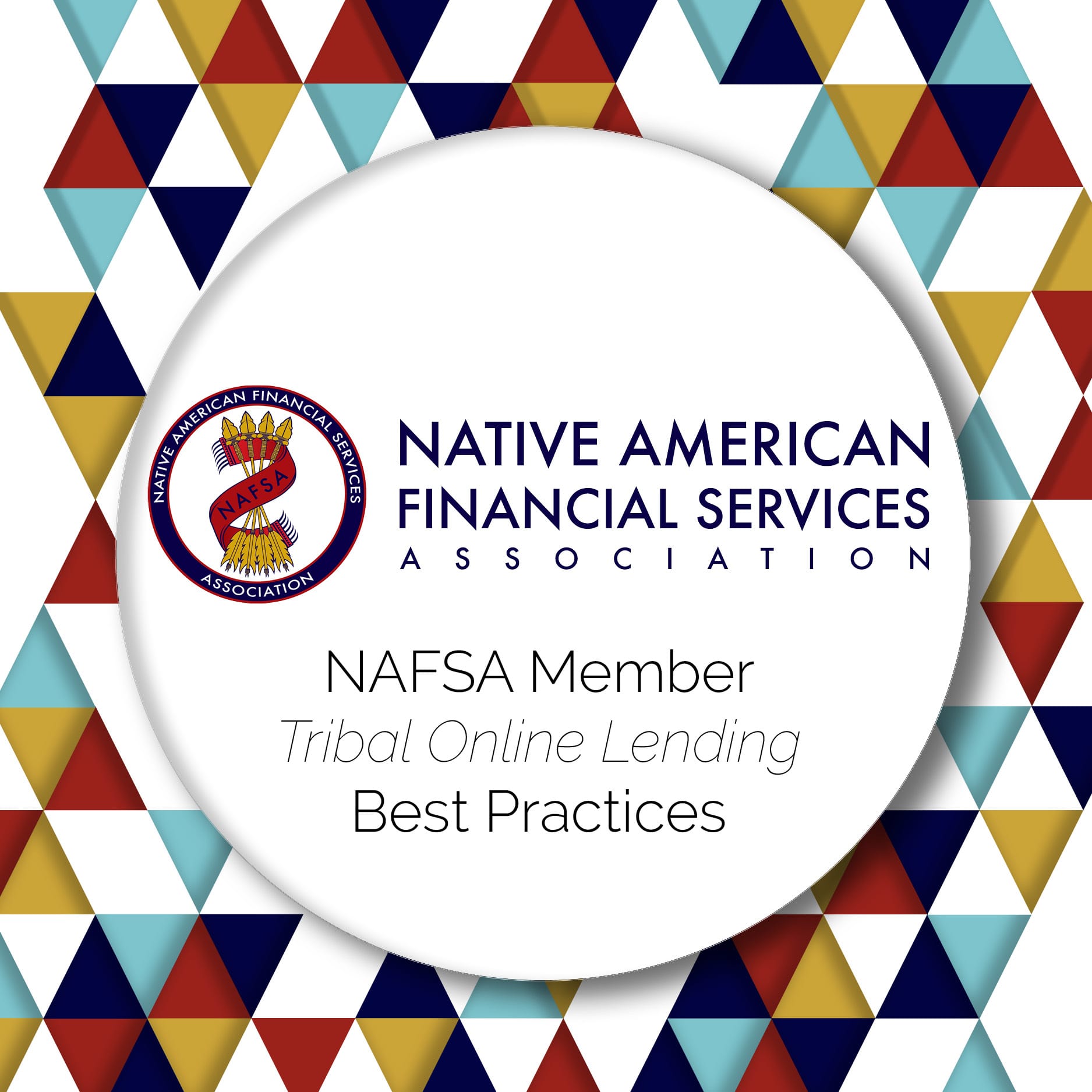The Latest Financial News
Ninth Circuit Rules in Favor of CFPB Constitutionality
A Ninth Circuit panel said that the leadership structure of the Consumer Financial Protection Bureau (CFPB) is constitutional, keeping the Ninth Court aligned with the D.C. Circuit’s ruling in PHH Corporation v. CFPB.Critics often argue that the CFPB is...
CFPB Releases Rulemaking on Debt Collection
The Consumer Financial Protection Bureau (CFPB) released today a notice of proposed rulemaking that would establish new rules on debt collection, primarily for third-party debt collectors. If finalized, it would amend the Fair Debt Collection Practices Act (FDCPA),...
Four Pros (and Cons) of Homeownership
For many people, purchasing a home can the largest financial decision they will make in their life, as well as one of the most daunting. NAFSA’s Financial Literacy Program has a digital module called Considering Home Ownership that can help you discover your personal...
Featured Resources
Our Digital Financial Literacy Program
Too many consumers mismanage their budgets, make poor investment decisions, and fail to properly plan for the future. NAFSA is committed to empowering people with the skills they need to change this trend and thrive financially. NAFSA’s Financial Literacy Program offers an assortment of digital modules covering a wide variety of financial topics, including building emergency savings, mortgage education, and retirement planning.
Tribal Online Lending Best Practices
NAFSA has developed Best Practices for the exclusive use of all NAFSA Members as it relates to their Tribal Online Lending businesses. We believe these Best Practices will help ensure consumer protection, quality service, and positive customer and industry interactions during the life of the loans made by tribal lending entities who are NAFSA members. Our Best Practices apply to all stages of the loan, including marketing, origination, servicing, collecting, and ongoing data privacy.
The Impact of Tribal Financial Services
Coming from a history of staggering unemployment rates, limited opportunities, and lack of access to fundamental resources, Native American tribes began online lending businesses to create real change for the future. Internet commerce has been a vehicle for supporting economic growth, tribal services, and tribal development. These are their stories.
Why NAFSA?
There are more than 570 federally-recognized tribes in the United States, many of whom are spread across in diverse areas. This has left a need for other tribal economic development opportunities to create sustainability and jobs on Native American reservations.
Tribal Financial Services:
![]() Create jobs & economic development on tribal lands
Create jobs & economic development on tribal lands
![]() Increase the financial independence of tribes
Increase the financial independence of tribes
![]() Deploy sovereignty & bolster tribal self-determination
Deploy sovereignty & bolster tribal self-determination

Our Mission
To advocate for tribal sovereignty, promote responsible financial services, and provide better economic opportunity in Indian Country for the benefit of tribal communities.






